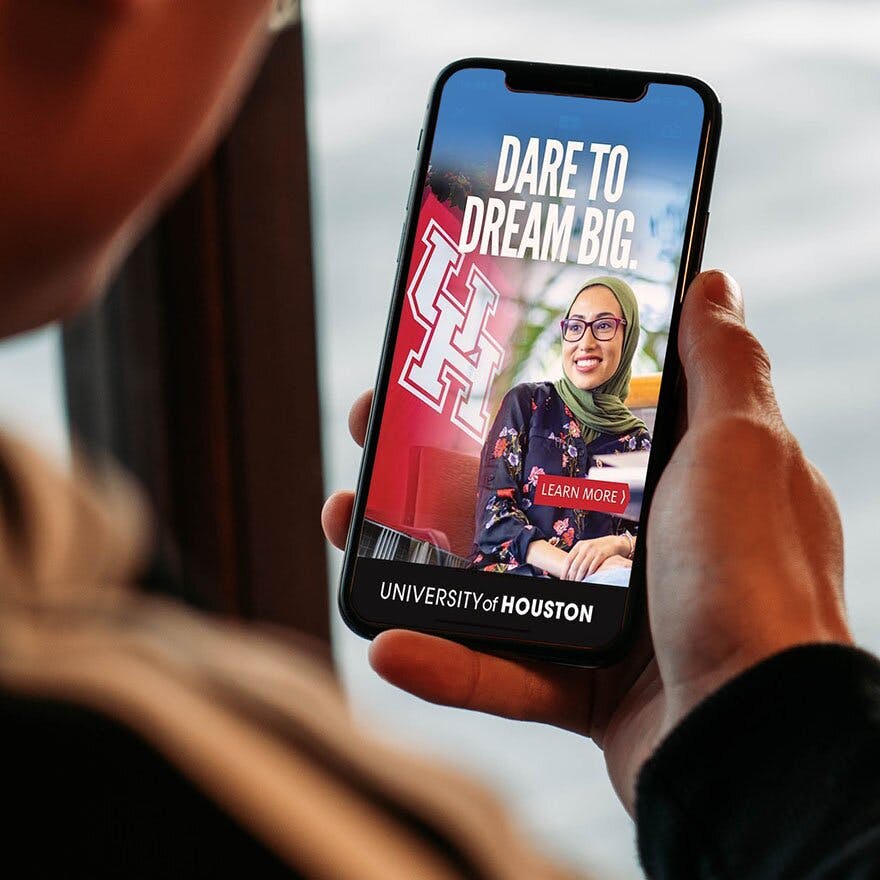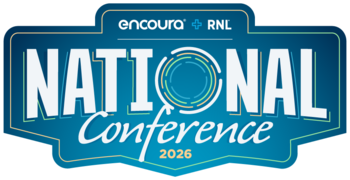
Encoura Welcomes RNL & Anthology Solutions
Empowering Institutions Across the Full Student Lifecycle
Together, we provide colleges and universities with comprehensive solutions to achieve enrollment, retention, and advancement success.
We empower over 2,000 institutions with solutions for every stage of the student journey
The Encoura Solutions Continuum
When students and colleges are the best fit for each other, everyone wins. To make that a reality, more than 2,000 educational institutions partner with Encoura to leverage expert technologies & services that transform enrollment, student success, and advancement.
Colleges and universities achieve their goals by making informed decisions with the Encoura Solutions Continuum, tapping into solutions at each stage of the continuum to strengthen student connections from first interest through long-term alumni engagement.
Understand Your Market
Unlock Strategic Insights into Your Brand, Competition, and Programs
Use proprietary research and actionable insights to uncover where your brand stands in the market, what students think, and how to position your institution for long-term success.
Search & Shape Your Class
Identify Students With the Highest Likelihood to Enroll
Leave the guesswork behind and start building a new search strategy with purpose.
Engage Your Students & Families
Create Meaningful Connections That Move Students and Families To Act
With personalized, timely engagement, we help you build trust with the entire family — deepening their interest, easing uncertainty, and guiding them toward choosing your institution with confidence.


Optimize Your Funnel
Drive Results with Advanced AI and Strategic Human Insights
Lead your enrollment and marketing teams with confidence by collaborating with your Encoura success team to refine your strategies, stay agile, and achieve your institutional goals.
RETAIN YOUR STUDENTS
Retain Your Admitted Students Through Graduation
Increase student retention with predictive modeling, a CRM built exclusively for higher education, virtual community platforms that connect students, student affairs, and campus life, and more.
Advance Your Institution
Power Meaningful Relationships That Create Lasting Institutional Impact
Unify CRM, engagement, and giving in one connected advancement solution that creates and strengthens your alumni and donor community through personalized experiences.
Enrollment Management Strategy Quick Links
Marketing Strategy Quick Links
Academic Program Strategy Quick Links
Latest Resources
Wake-Up Call
Higher Ed's Premier Research Blog
Encoura provides custom solutions aligned to your unique challenges and goals, delivered by enrollment & marketing experts.





Together, Our Partners Achieve More

George Mason University: Student Connections That Achieve Record Enrollment
By implementing data-backed search and marketing strategies, George Mason University boosted out-of-state applications by 19%, enrolled its most diverse class, and achieved record enrollment.

Tarleton State University: Engaging New Markets to Achieve Enrollment Goals
Through strategic market research and digital engagement, Tarleton State University grew specific student populations and achieved a 3-year freshman enrollment increase of 40%.

Wagner College: Overcoming Higher Ed’s Climate to Exceed Enrollment Goals
Although this past recruitment cycle brought new obstacles to colleges across the country, Wagner College’s commitment to understanding its students and making data-informed decisions resulted in it exceeding its enrollment goal by 12%.

Have questions? Want to learn more?
Let's chat! Our team is happy to answer questions and talk about which solutions are a match for your institution as we get to know your unique needs.




















